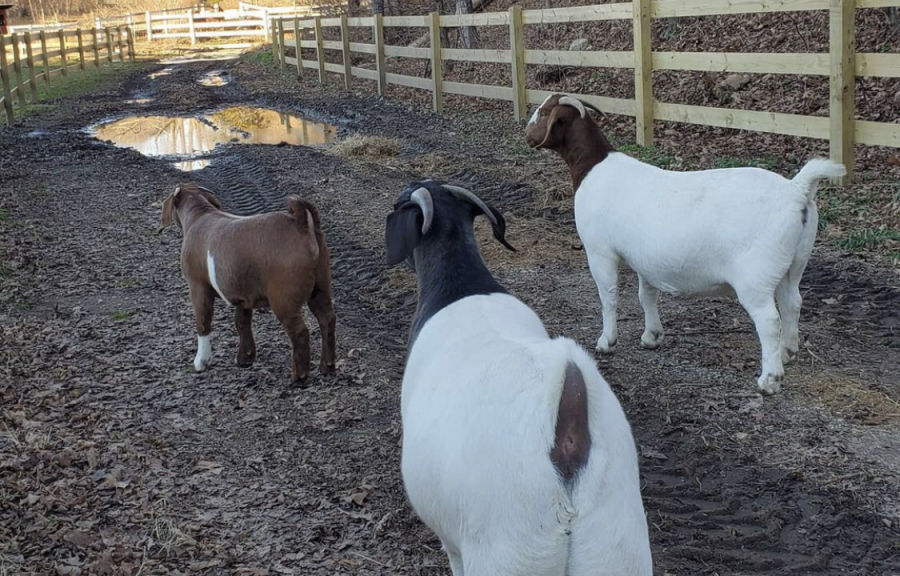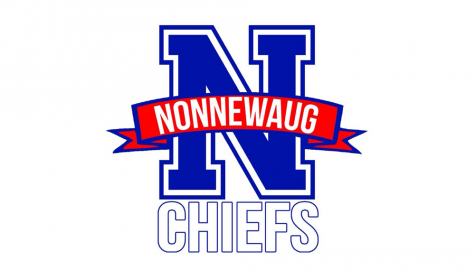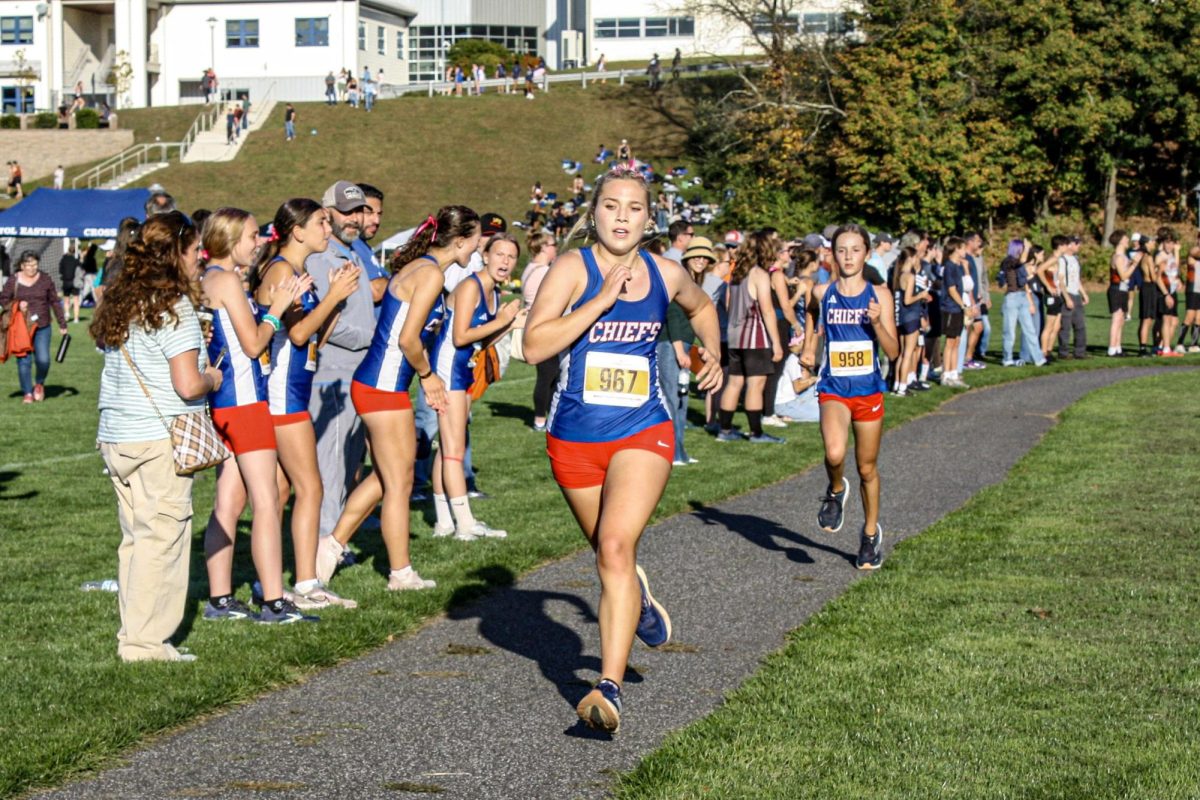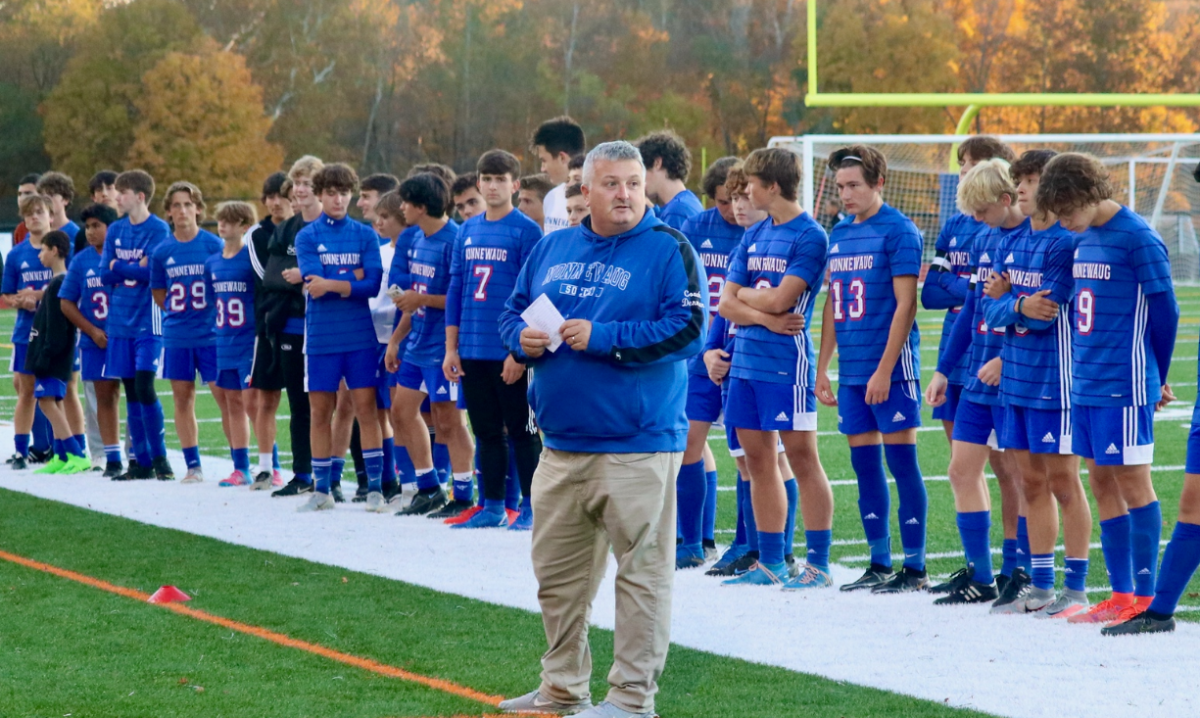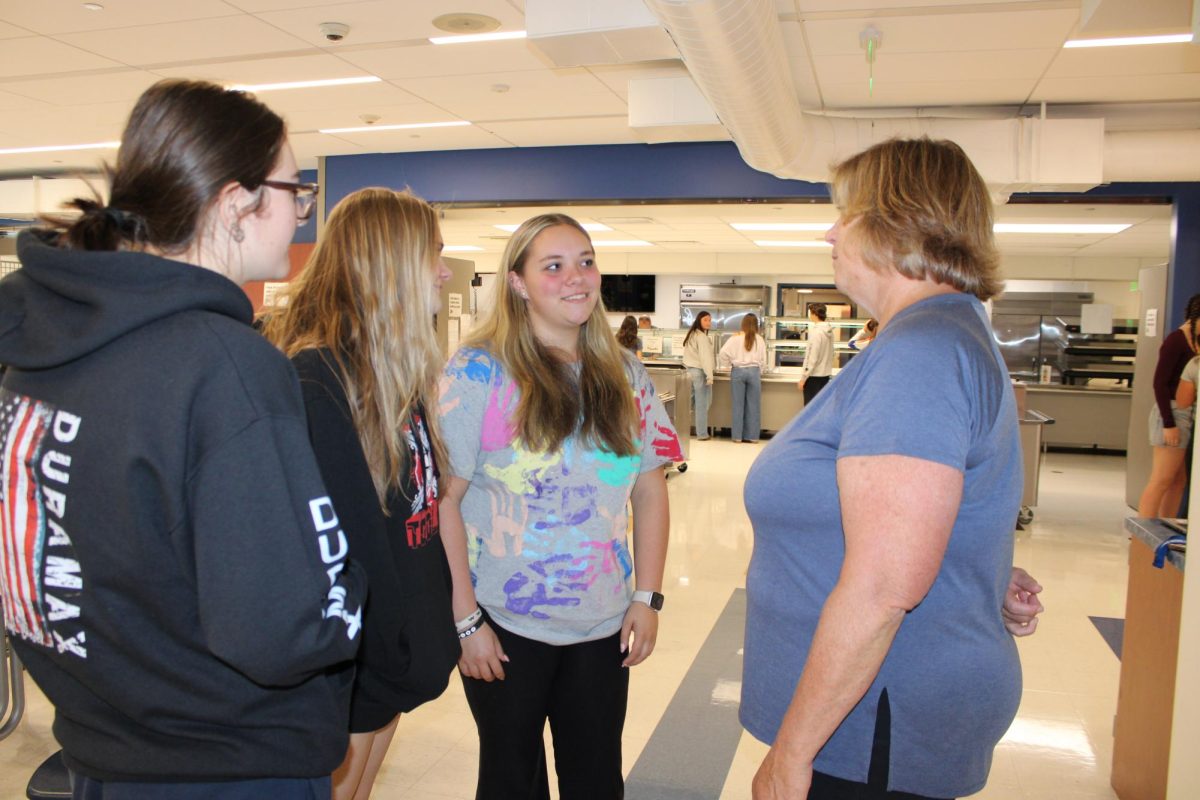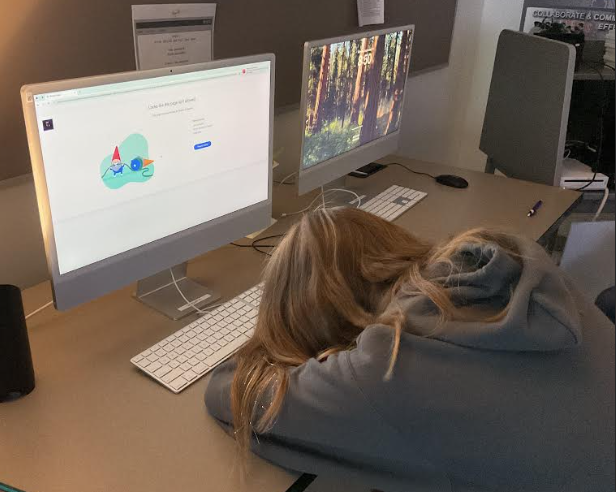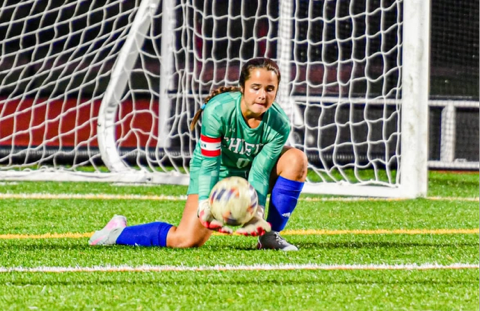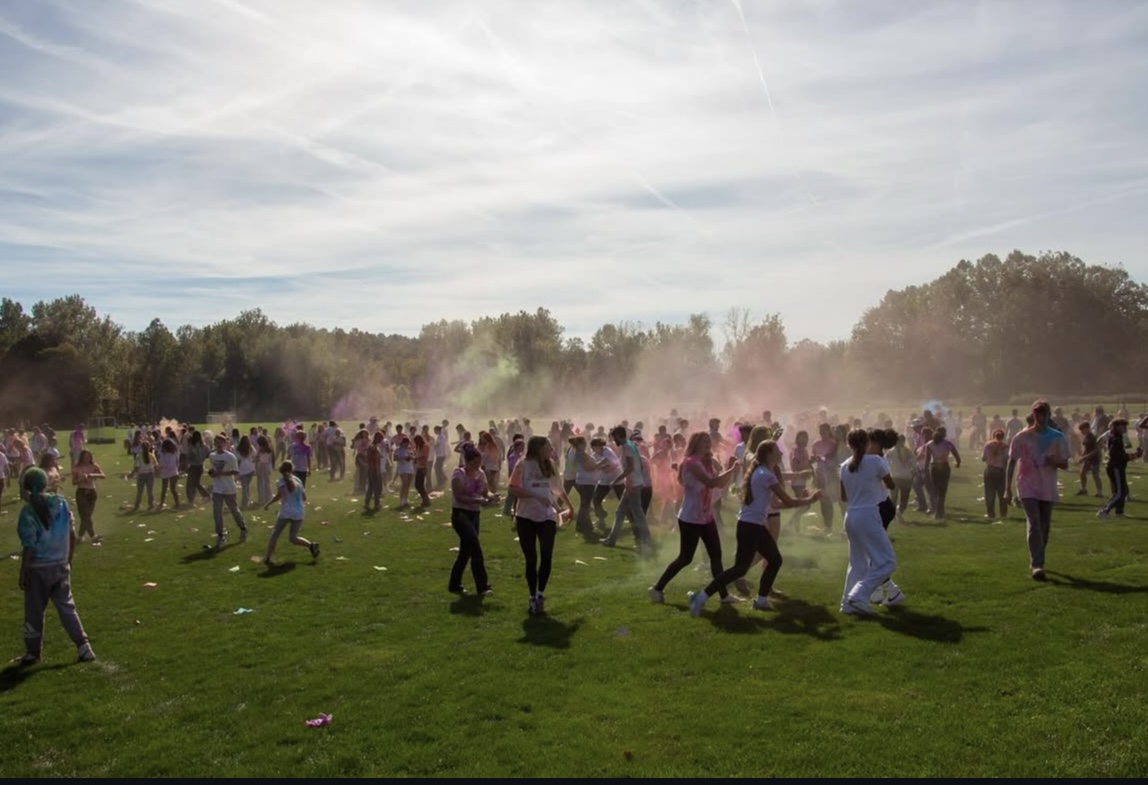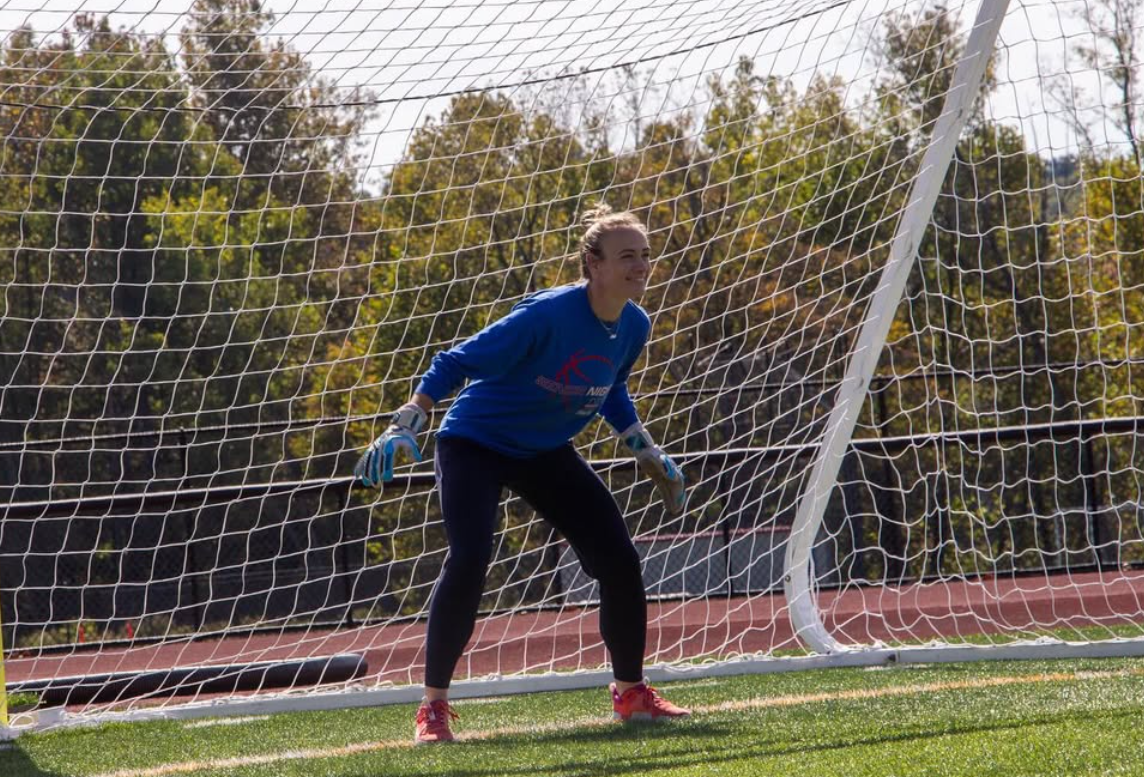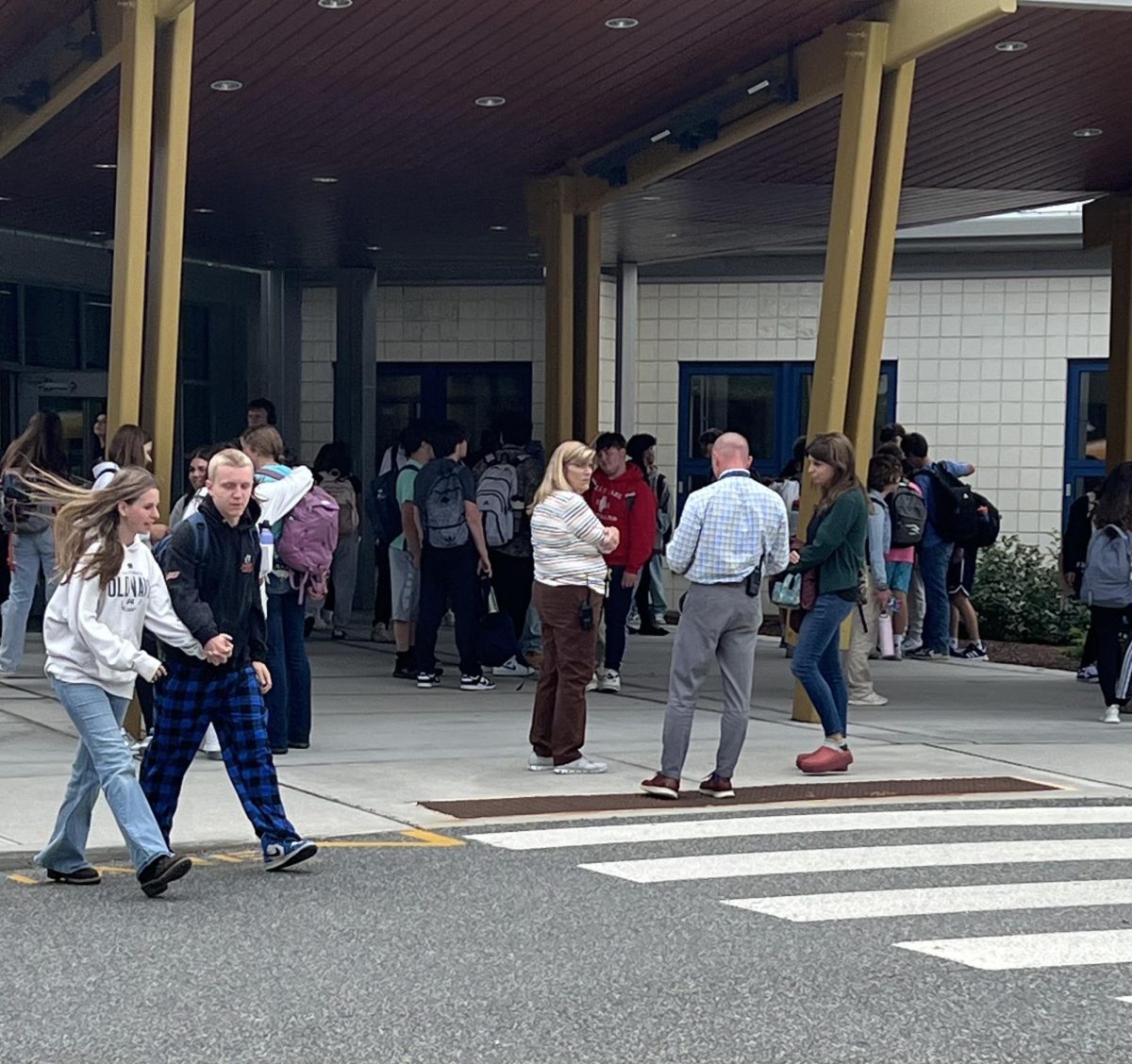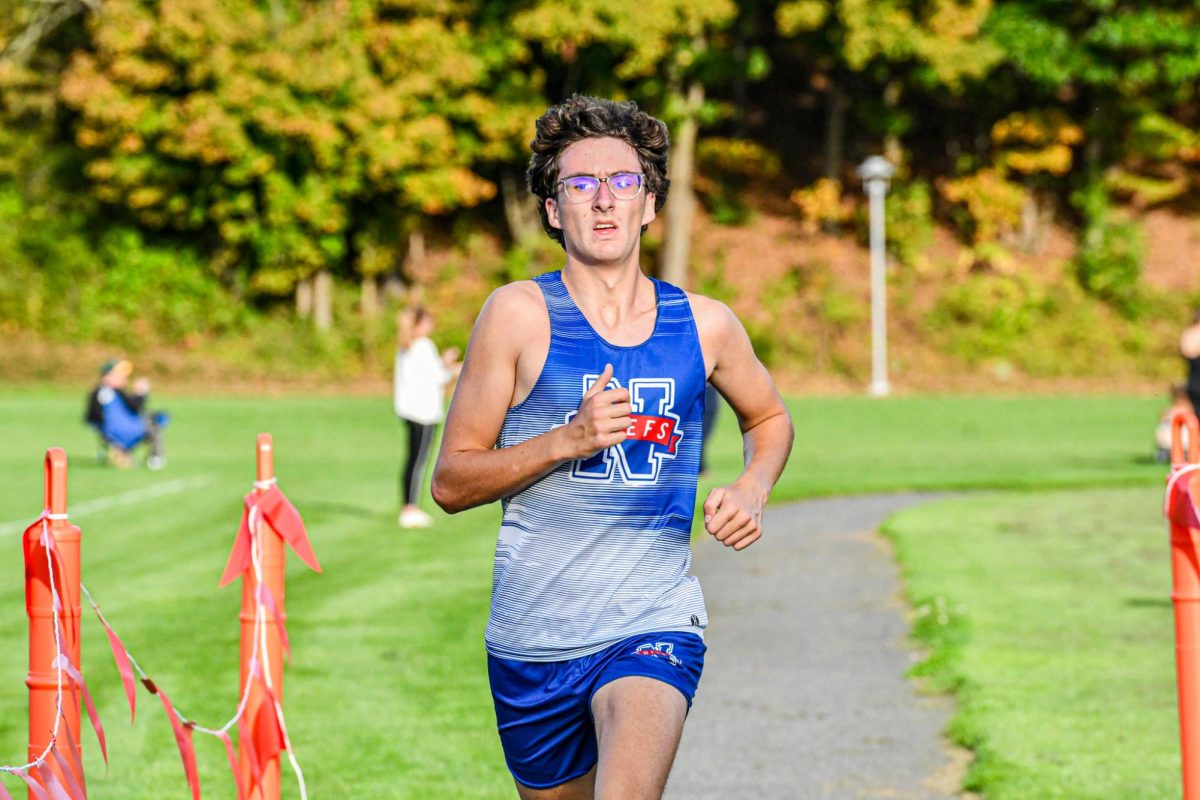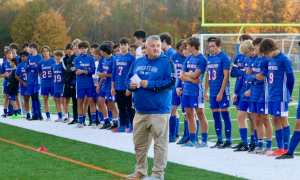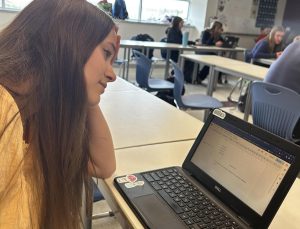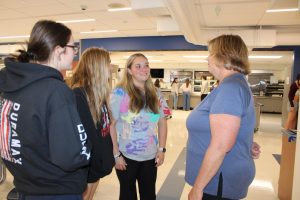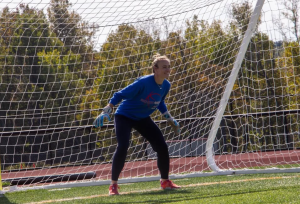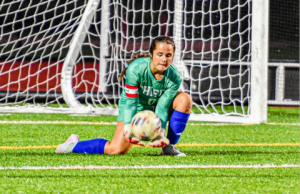Nonnewaug Animals Miss Students, Too
Courtesy of Woodbury FFA/Instagram
Nonnewaug’s goats take a walk during a recent enrichment activity. Without any students at school, Nonnewaug’s agriscience teachers have tried to keep the animals engaged.
January 6, 2021
WOODBURY — The animals at Nonnewaug High School are doing well, despite missing the students. With students learning remotely since mid-November, they no longer get to see the animals, which causes students to lose their integration with the herd, thus increasing the flight zone with the animals.
Agriscience teacher Jennifer Jedd noted that the teachers “are giving them some enrichment items” to help the animals deal with the lack of students. Items like jolly balls and scratching posts allow the animals to engage with their environment more in the absence of student interaction, which makes them less aggressive and improves their mental health.
Agriscience teachers have taken on an extra workload because they are now responsible for all the chores associated with the animals seven days a week. Normally, students help to feed, water and groom the animals, as well as clean the stalls, as part of learning about the animals and the responsibility that comes with them.
“They are still getting fed two times a day; stalls and paddocks are still getting cleaned daily,” said Marisa Bedron, an agriscience teacher.
Students also get to learn about how to handle and care for baby animals.
“We have recently done pregnancy checks on our animals and most of them are confirmed and will have babies this spring,” said Jedd.
The birth of babies this spring will be a good experience for the students to come back to because it allows them a greater understanding of the animals.
Additionally, students can look forward to some new improvements.
“There are exciting new projects down at the barn,” Bedron said. “We recently got new motion-detected lights and have hung two eye hooks in each stall for water buckets. The next project is to hang the paddock gates that just arrived.”
These upgrades will be beneficial to the students and teachers because they help to improve the safety of the barn and paddocks. With the sun setting early this time of year, and rising late in the spring and fall, having motion-detected lights will greatly reduce the risk of injuries from tripping, falling, and walking into items.
When in-person learning is able to resume, happy students will be met with improvements and equally happy animals.



